Changing experiences of senior travelers in Malaysia
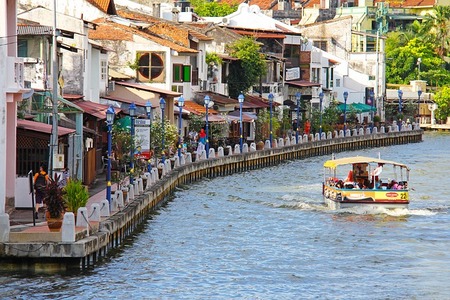
By Ariffin Bin Abdul Manan and Ramesh Rao, Asian Overland Services
Senior visitors are experiencing Malaysia a little differently to how they did ten years ago. Ariffin Bin Abdul Manan has been guiding senior travelers around Malaysia since 2002. He and fellow Asia Overland guide Ramesh Rao spoke to the Expert Hub about local travel trends, particularly how tours to Malaysia are becoming shorter and faster. Their experiences are based on a predominantly middle class clientele in the 60+ age group, from both Western Europe and Australia.
Malacca remains very popular with senior travelers
A shift towards shorter and faster itineraries
“Asia Overland’s most popular itineraries are now the shorter itineraries. Longer itineraries have decreased in popularity and our core business rotates around four fairly standard routes. My personal favourite is the East Coast, which is less developed and provides more opportunity to interact with local people. However, less older people are going down the East Coast. Instead, this age group is sticking to the more established West Coast.
A one week West Coast tour can include Johor Bahru, Malacca, Kuala Lumpur, the Cameron Highlands, and Penang. In just four days senior travelers can visit Kuala Lumpur, the Cameron Highlands, Malacca and Penang.
These fast-paced itineraries include a number of activities and inclusion, with free time only in the evenings, usually 4pm and afterwards. Visiting the East Coast is a viable but less requested extension.
These older travelers do not mind a fast pace on private tours. They like to be busy. Then in the evenings they generally just want to know about a good place to eat near the hotel.”

A Cameron Highlands tea plantation
Senior visitors are always impressed by Malaysian friendliness
Ariffin has seen a reduction in European visitors from ten years ago. “German and Dutch visitors tell me that they rarely see adverts about Malaysia in their home country, but they do see Thailand. Once in Malaysia they are always impressed by the friendliness of the Malaysian people, especially how they actively greet visitors in all the places they visit.
Elder people are revered in Malaysia and our visitors pick up on this. They like the preferential treatment, such as skipping queues at busy hotel check ins. Older German visitors can find local interactions harder as they are not always proficient in English. Australians tend to ask more questions during the interactions. A guide is needed for translation on the East Coast, where the locals do not speak English as well.”
Different experiences of senior travelers across Malaysia
“People like local religious festivities, such as Indian processions in Kuala Lumpur or the scene of people coming to and from mosques for Friday prayer. They like to try national dishes, such as roti canai, nasi lemak and tosai. This is easy in Malaysia as many restaurants sell a wide variety of food. Food courts are also a good place to interact with local people but some higher end clients can be apprehensive and only want meals at their hotels.

Nasi lemak is a popular Malaysian food for visitors
Many of our visitors have heard that Malaysia is a country to shop. Often they are looking for clothes and shoes. Kuala Lumpur is the best place for this thanks to the variety on offer, for example at SOGO shopping mall. However, European visitors like to visit Chinatown in each city and prefer a Chinatown experience to modern shopping malls, because the products are considered very cheap.

Kuala Lumpur Chinatown
Travelers in Kuala Lumpur are now switching to local taxi app Grab as it is cheaper than local taxis. It also means less chance of being ripped off on price. Even if they are not tech savvy, they use hotel concierges to order a Grab.
Ultimately senior visitors’ experiences come back to the friendliness of the locals. This positive experience of local friendliness is in contrast to their initial expectations. Meeting local people is not something that is generally requested, but is invariably a trip highlight.
Written in association with Asian Overland Services (AOS), a Malaysian company with more than 42 years experience in the leisure and incentive sectors of tourism. Started in 1976 with a staff of five, AOS today has over 130 staff members, its own B2B booking engine and fleet of vehicles.
 United Kingdom
United Kingdom United States
United States Asia Pacific
Asia Pacific

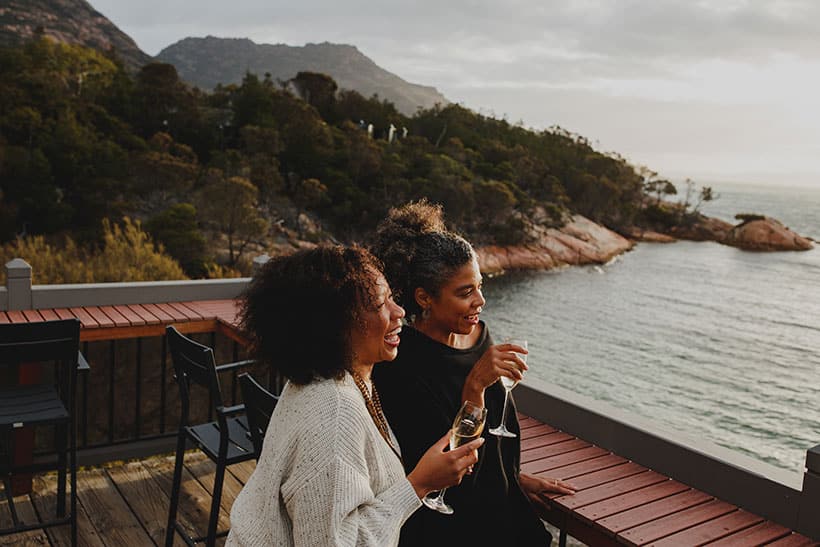
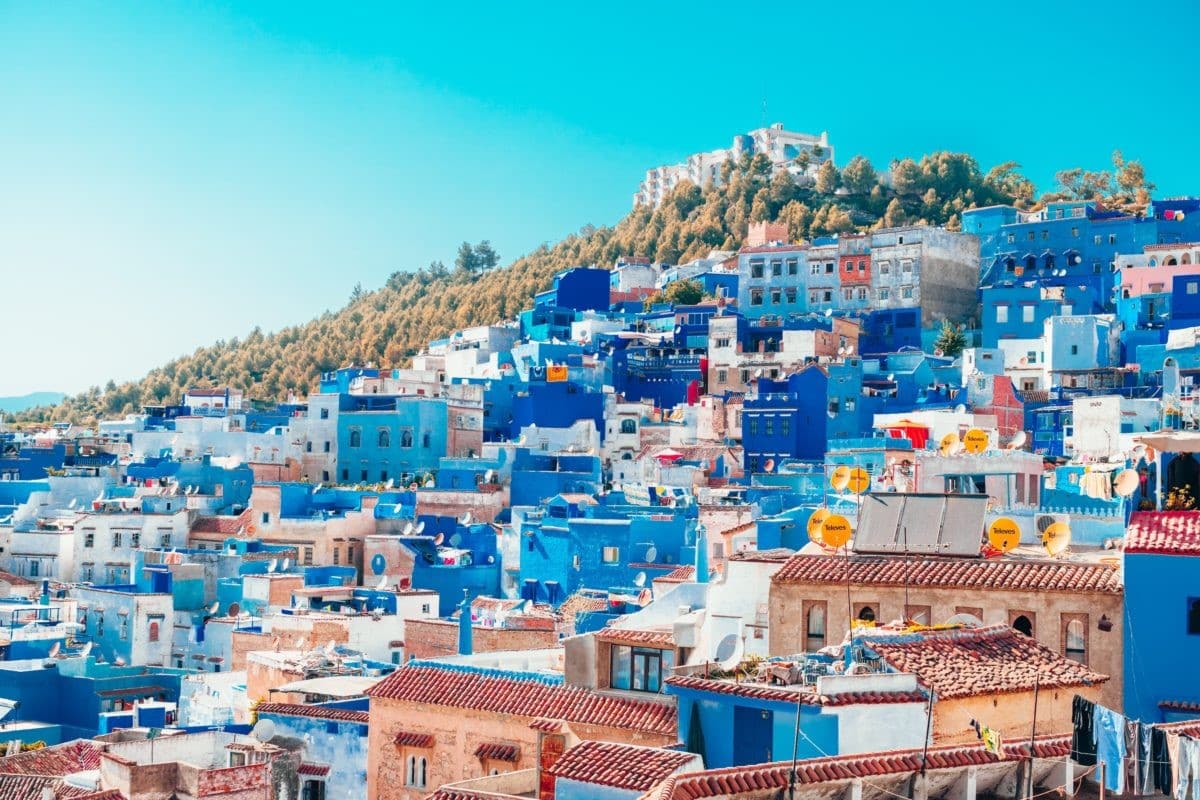

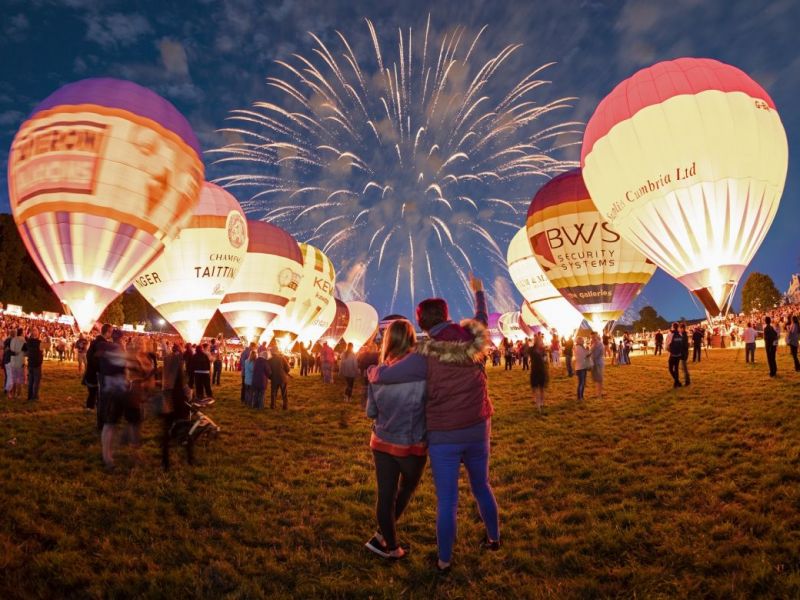
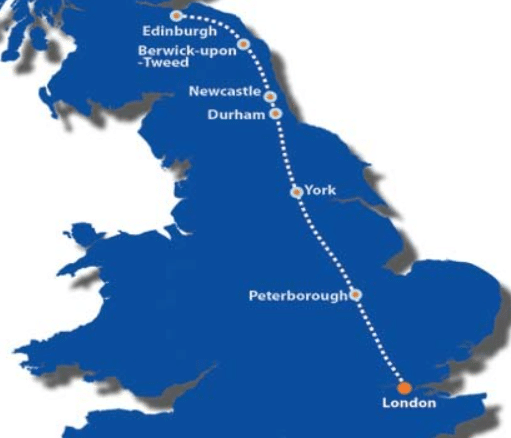
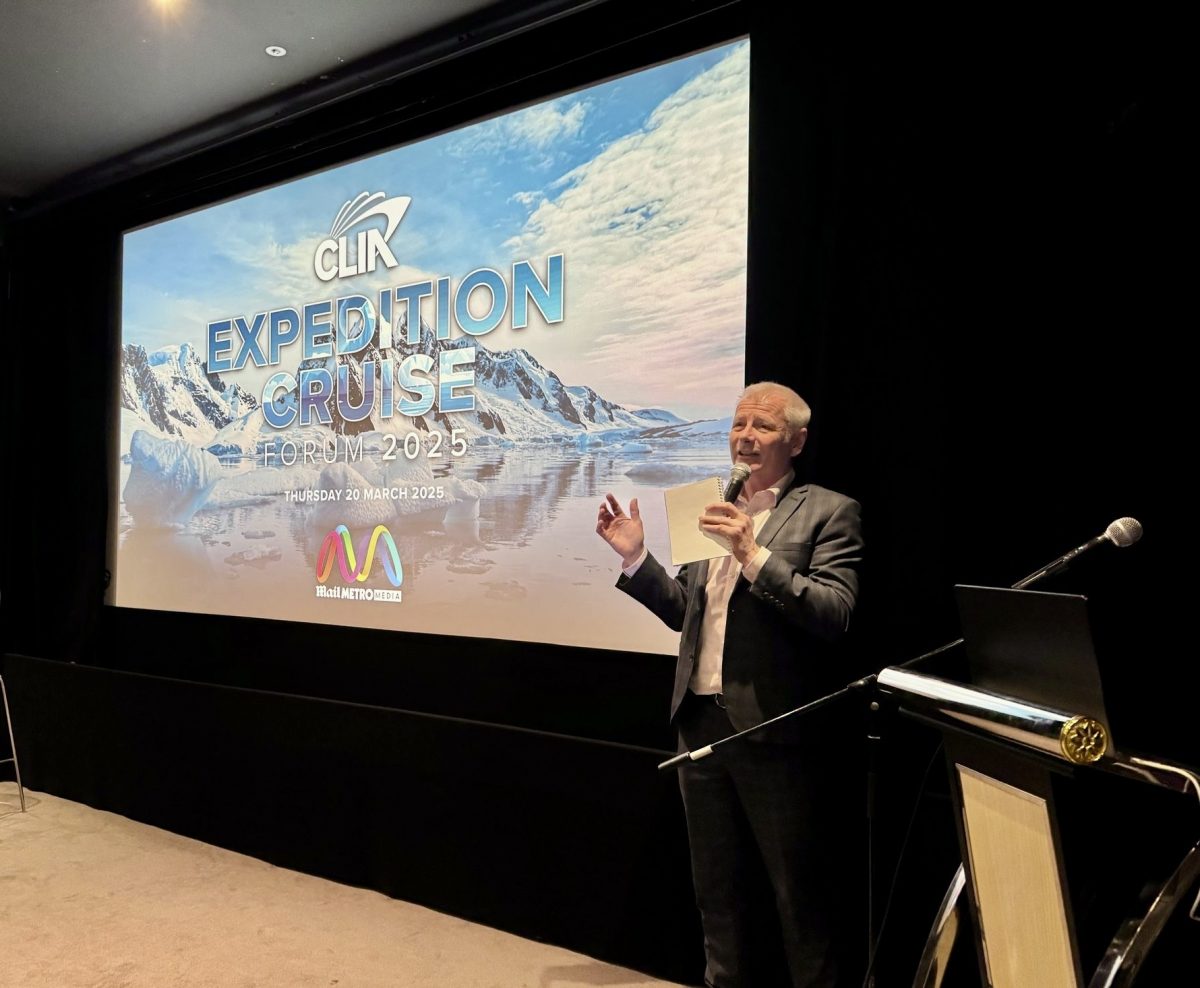













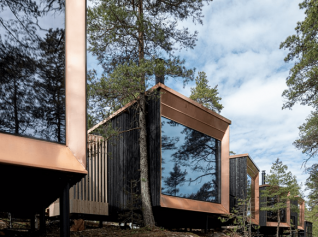
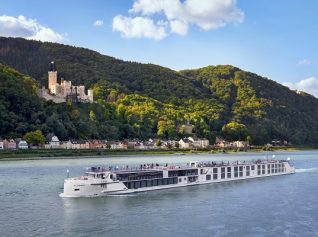









Qatar Airways adding Manchester flights
Jet2 unveils Samos as new Greek destination for summer 2026
EU entry-exit system delayed again
ATC strike in Greece could disrupt flights this week
Icelandair launches inaugural flight to Nashville